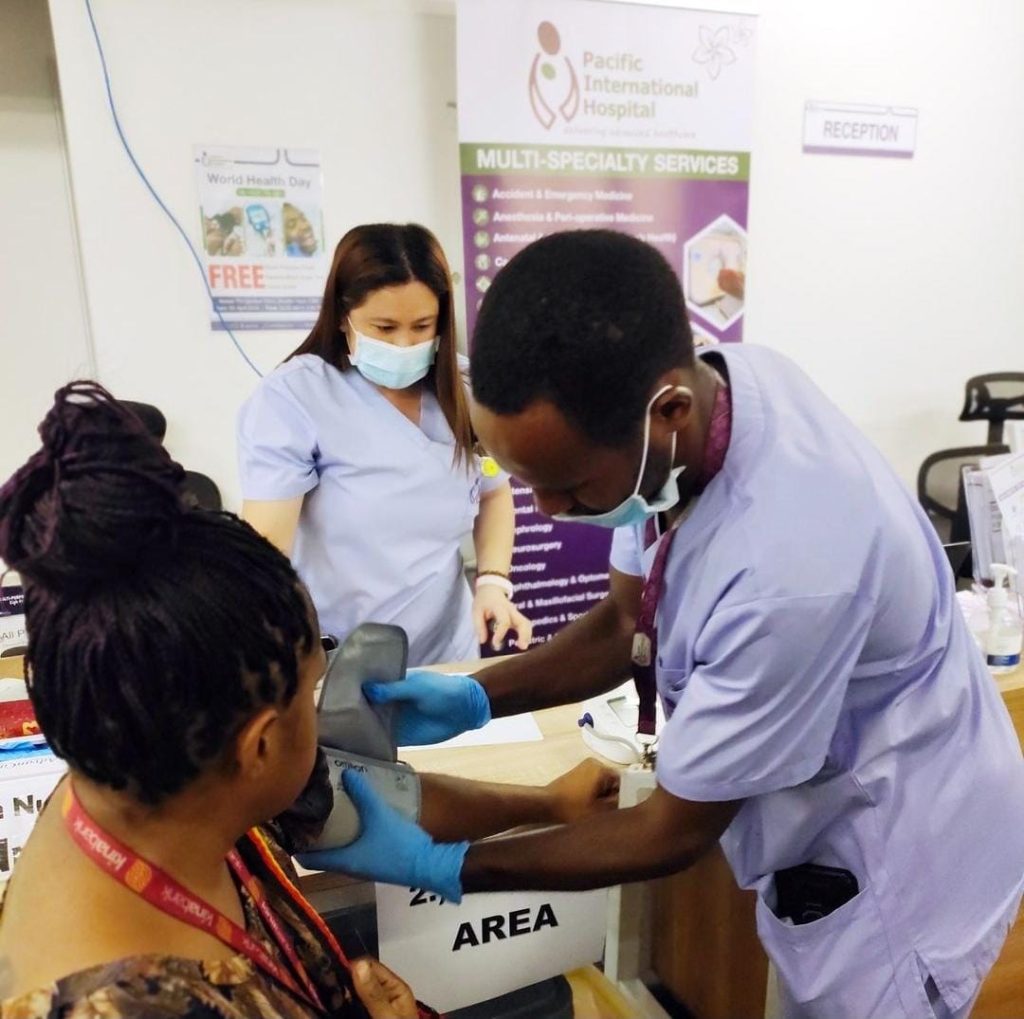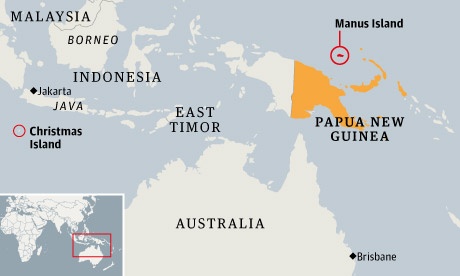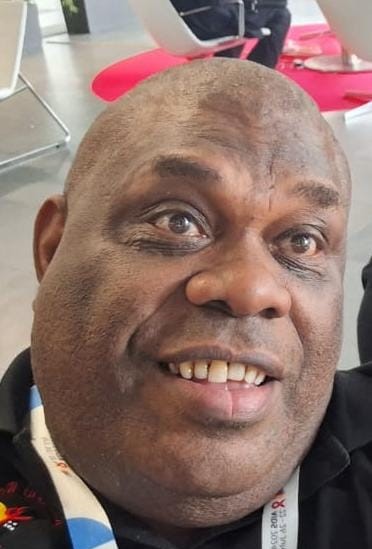Anti-LGBT bias vs. medical advances against HIV: One nation’s story
Moïse Manoël-Florisse, is an African-Caribbean online journalist keeping an eye…
Papua New Guinea is at the center of an innovative project to introduce PrEP to people who are discriminated against.
While progress in medical technology has improved the prospect of HIV-positive people leading fulfilling lives, the challenge of expanding access to those treatments remains.
The 25th International HIV/AIDS Conference last month in Munich, Germany, made clear that substantial progress has been made in terms of access to HIV treatment, despite COVID. But at the same time the gathering highlighted countries rarely mentioned in the headlines where the fight against HIV remains difficult.
Papua New Guinea, located north of Australia in Oceania, is such a country.

For Erasing 76 Crimes, Lesley Bola, head of Papua New Guinea’s local HIV prevention organization Key Population Advocacy Consortium-PNG, discusses hurdles and progress in the fight against HIV in Papua New Guinea. Bola was in Europe on the invitation of Global Black Gay Men Connect.
A punitive legal environment
Lesley Bola: Papua New Guinea presents an unfavorable environment for LGBT+ people, since homosexuality is punishable in theory by 7 to 14 years’ imprisonment, under Article 210 of the penal code inherited from Australian colonization, although in practice this law is tending to fall into disuse.
Nevertheless, its existence creates a political and social environment that proves harmful on a daily basis. Indeed, LGBT+ people are subject to prejudice and severe stigmatization throughout the public sphere, whether in schools, health centers, care facilities, judicial institutions or even religious institutions. Similarly, sex work has been illegal in Papua New Guinea since 1978.

Consequently, in this context, the primary aim of the network I helped set up is to work towards changing the laws concerning homosexuality and sex work, so that the groups in question are no longer afraid to come to us when it comes to HIV testing and prevention.
Making access to PrEP possible
Erasing 76 Crimes: What about the accessibility of preventive treatments such as PrEP (pre-exposure prophylaxis) to curb the epidemic?
Lesley Bola: As a developing country with a government that criminalizes the populations most vulnerable to HIV, we’re faced with a great deal of inefficiency in the staff and prevention tools offered by the authorities.
So, as part of a pilot project implemented this year, with the support of UNAIDS and the US government-funded Pepfar, we are gradually rolling out PrEP in the country’s three provinces [Editor’s note: PrEP treatments prevent all HIV-related infection, if adhered to].
This is an experimental approach which required a great deal of upstream education, particularly concerning the therapeutic efficacy of the treatment in preventing transmission of the virus. And all this would not have been possible without international support, both in terms of feedback and resources allocated to the purchase of drugs.

Right now, we’re trying to estimate the costs and see how the public reacts. But if the experiment is successful, we’d like to be able to use it to get our government and leaders to rethink the national public health strategy, in conjunction with associations of people living with HIV, as well as people affected by the disease.
Finally, in addition to preventive treatments, we’d like to see the spread of self-testing more widely among LGBT+ groups and sex workers, to help curb the epidemic.
Anticipating crises
Erasing 76 Crimes: What are the other challenges facing those involved in the fight against HIV in Papua New Guinea?
Lesley Bola: Papua New Guinea is host to refugees from the western part of the island fleeing the Indonesian yoke, while the rest of the country is plagued by centrifugal forces and secessionist movements demanding independence for various island territories off the country’s coast.
Finally, it cannot be ruled out that some islands may once again become centers of deprivation of liberty for asylum seekers wishing to settle in Australia. Manus Island has played this role in the past .
All these current and future crises should prompt small HIV organizations in the Pacific region to think about new forms of leadership and fund-raising engineering, on an international scale.




